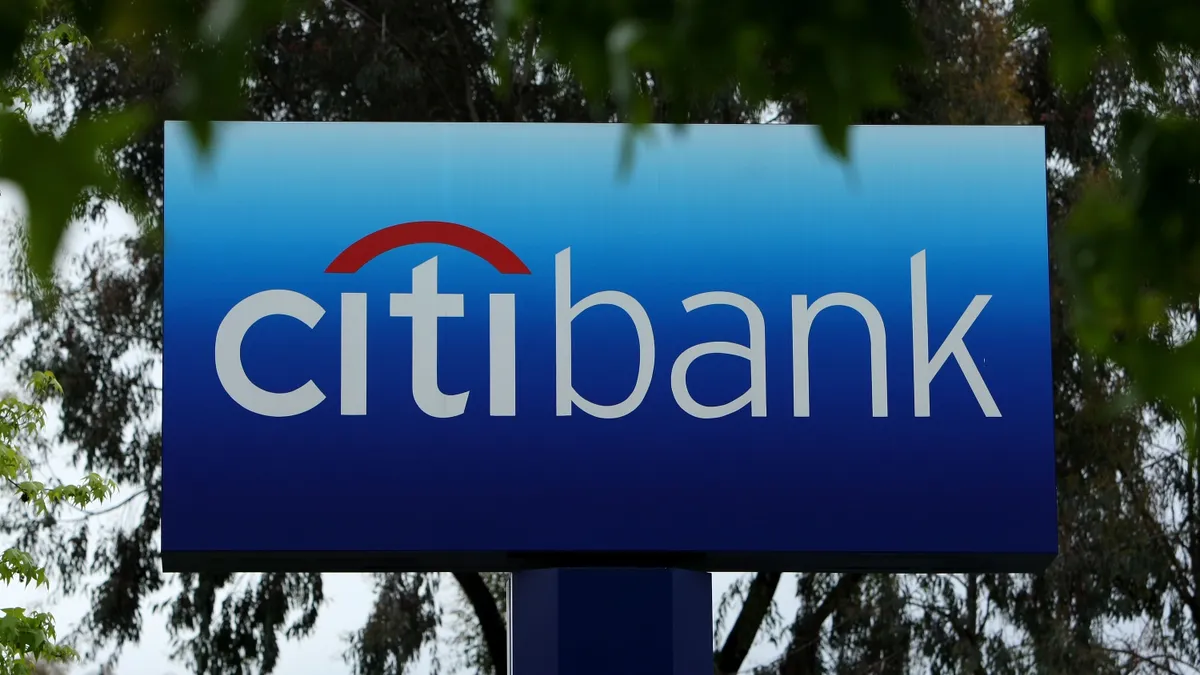JPMorgan Chase and Citi joined Bank of America on Thursday in rolling out 13-figure environmental, social and governance (ESG) commitments.
JPMorgan Chase on Thursday said it aims, by 2030, to finance and facilitate $2.5 trillion to address climate change and advance sustainable development. About $1 trillion of that total will be dedicated toward green initiatives that boost renewable energy and clean technologies, the bank said in a press release.
"Climate change and inequality are two of the critical issues of our time, and these new efforts will help create sustainable economic development that leads to a greener planet and critical investments in underserved communities," JPMorgan CEO Jamie Dimon said Thursday in a statement.
The bank's CFO, Jennifer Piepszak, teased an "ambitious announcement" on ESG a day earlier during the bank's first-quarter earnings call.
The nation's largest bank is a consistent target of environmental activist groups. The Rainforest Action Network, for example, ranks JPMorgan as the world's top backer of fossil-fuel activity, financing about $317 billion since the 2015 Paris climate agreement. (The group ranks Citi second, at $237 billion.)
Meanwhile, the bank said, it has facilitated and financed nearly $210 billion in green initiatives since 2016. So it appears Thursday's pledge has the potential to rebalance the scale.
"It is important to set expectations around where we want to see our clients' emissions head over the next 10 years," Marisa Buchanan, JPMorgan's global head of sustainability, told Bloomberg. "But it's also really important that we support them in their low-carbon transition."
Dimon acknowledged last week in his shareholder letter that "the solution is not as simple as walking away from fossil fuels" because there may not be, in every sector, an affordable, low-carbon energy replacement for oil and natural gas.
The answer for the bank, then, Buchanan said, is "coming to the table with capital."
Citi, for its part, pledged $1 trillion toward sustainable finance by 2030. That builds on a $250 billion, five-year commitment the bank made in July to finance and facilitate low-carbon solutions in renewable energy, clean technology, water quality and conservation, sustainable transportation, green buildings, energy efficiency, and sustainable agriculture and land use.
Half of Citi's pledge will go toward environmental finance, and the other half will focus on education, affordable housing, health care, economic inclusion, community finance, international development finance, racial and ethnic diversity and gender equality, the bank said Thursday in a blog post.
"As the pandemic has made clear, our economic and physical health, our environment and our social stability are all inextricably linked," Ed Skyler, Citi's head of global public affairs, wrote Thursday. "In this moment as we look towards emerging and rebuilding from the Covid-19 pandemic, it's more crucial than ever that we address these priorities together."
The pledge aligns with comments Citi's new CEO, Jane Fraser, made in her first day on the job.
"Our ESG agenda can't just be a separate layer that sits above what we do day-to-day," she wrote in March. "Our commitments to closing the gender pay gap, to advancing racial equity, and to pioneering the green agenda have demonstrated that this is good for business and not at odds with it."
Bank of America last week more than tripled its environmental financing goal, saying it wants to deploy more than $1 trillion by 2030 to accelerate the transition toward a low-carbon, sustainable future, according to a press release.
JPMorgan said it would give an update and expound upon its ESG strategy in a report next month.
















